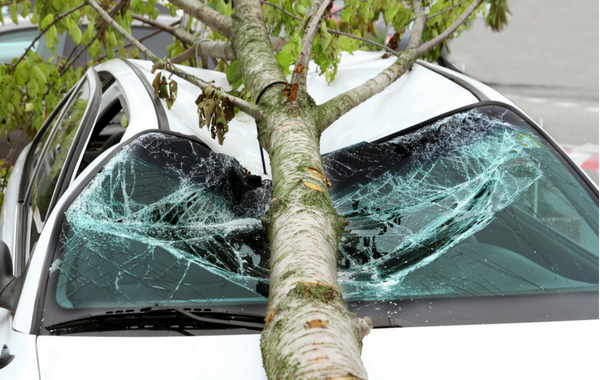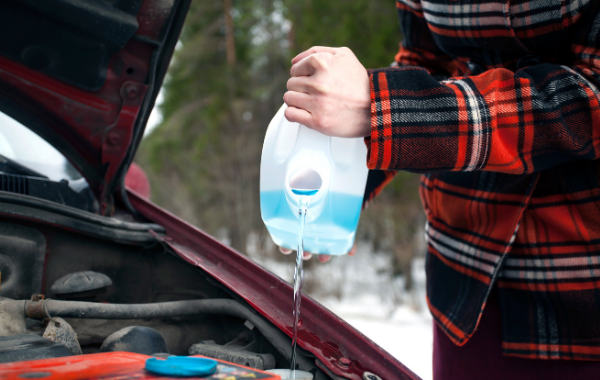The great debate in auto insurance; should you purchase comprehensive coverage and/or collision coverage? Collision insurance sounds simple – it’s insurance for collisions. Collision coverage provides coverage for the loss resulting from the striking of another object by a moving vehicle. But what about comprehensive coverage?
In insurance terms, comprehensive coverage (sometimes defined as “Other Than Collision”) is protection if your vehicle is damaged as the result of something other than a collision. Essentially, this means is you have the option to buy coverage for damages that can occur without necessarily being involved in an accident. Comprehensive coverage can cover damages from fire, vandalism, falling objects such as tree branches or hail, any damage caused by animals, weather, etc.
Comprehensive coverage handles most incidents that fall outside of your control. For example, if an animal runs onto the road causing you to hit it, coverage would fall under the comprehensive category. [1] If a random hail storm occurs and your vehicle is damaged this would also be considered comprehensive coverage.
Protecting your vehicle from losses within your control are essential considering these types of losses tend to have higher consequences. However, “acts of God” or unpredictable losses, such as falling tree branches or vandalism, can occur at any time and without warning. Having comprehensive coverage in place to protect against these exposures gives peace of mind for all things outside of your control. Do you have comprehensive coverage on your car? Talk to your local independent agent today to see if this coverage is the right protection for you.
For additional information on auto coverages, watch Insurance 101: Personal Auto Coverages.







